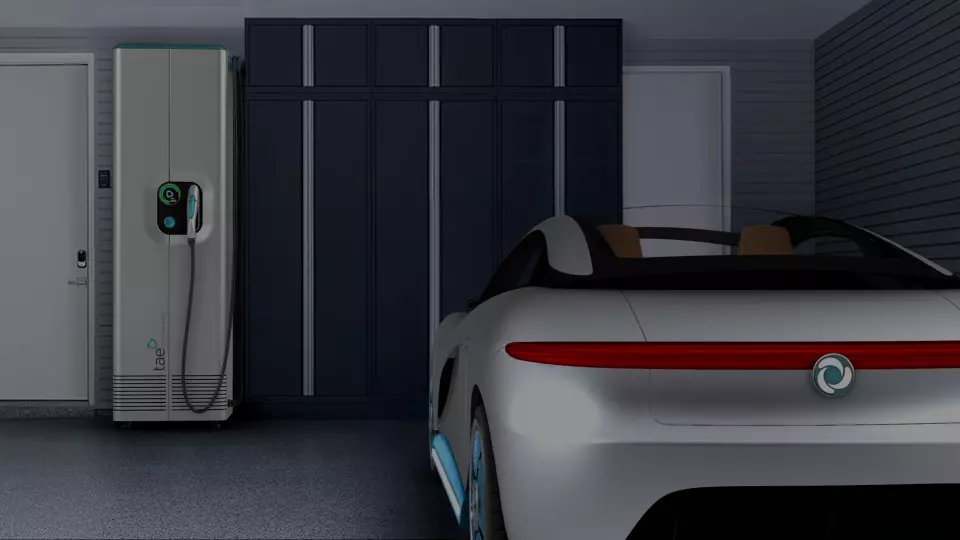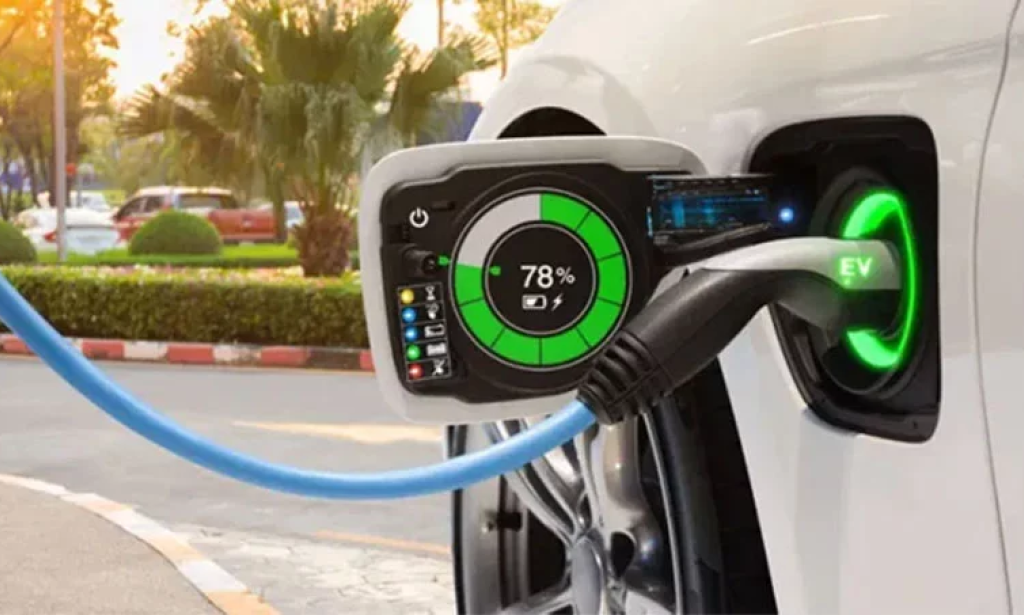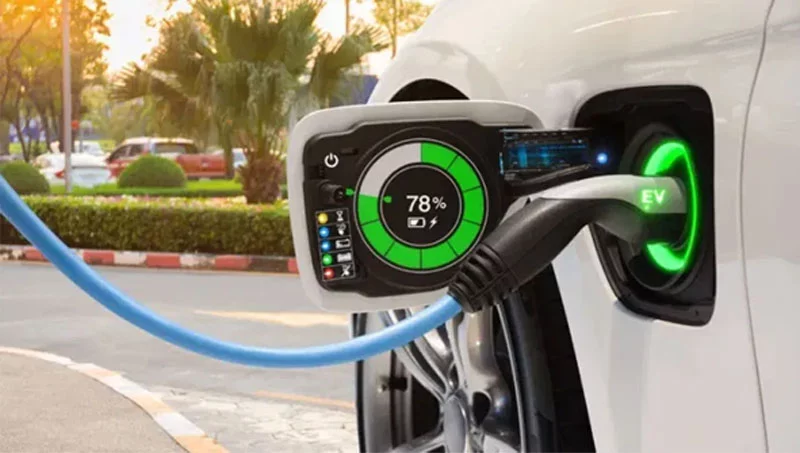Introduction.
 The automotive industry is undergoing a profound transformation driven by the rise of electric vehicles (EVs). This electric revolution is not just about cars; it's reshaping the entire landscape of transportation, influencing everything from manufacturing processes to consumer behaviors and environmental policies. As technology advances and awareness of climate issues increases, the shift towards EVs is accelerating rapidly.
The automotive industry is undergoing a profound transformation driven by the rise of electric vehicles (EVs). This electric revolution is not just about cars; it's reshaping the entire landscape of transportation, influencing everything from manufacturing processes to consumer behaviors and environmental policies. As technology advances and awareness of climate issues increases, the shift towards EVs is accelerating rapidly.
The Shift to Electric
Historically dominated by internal combustion engines, the automotive market is now witnessing a significant pivot towards electrification. Major manufacturers like Tesla, Ford, Volkswagen, and General Motors are investing billions in EV development. Tesla, in particular, has led the charge, proving that electric cars can be both desirable and high-performing. Other brands are following suit, introducing a wave of new models that combine cutting-edge technology with eco-friendly design.
Advancements in Battery Technology
One of the most critical factors in the EV revolution is the rapid advancement in battery technology. Lithium-ion batteries have become more efficient, affordable, and capable of holding larger charges, which translates to longer ranges for electric vehicles. Many new models now offer ranges exceeding 300 miles on a single charge, alleviating "range anxiety" for consumers. Additionally, innovations in battery recycling and alternative chemistries are set to improve sustainability further.
Charging Infrastructure Expansion
As the number of electric vehicles on the road increases, so too does the need for an extensive charging infrastructure. Governments and private companies are investing heavily in charging networks, making it easier for drivers to find convenient charging stations. Fast-charging stations are becoming more common, allowing drivers to recharge their vehicles in a fraction of the time it used to take. This expansion is crucial for encouraging widespread adoption of EVs, particularly in urban areas where traditional fueling stations are less accessible.
Environmental Impact
The transition to electric vehicles plays a significant role in reducing greenhouse gas emissions. Transportation is a major contributor to global emissions, and by shifting to EVs, countries aim to mitigate climate change impacts. Furthermore, as more renewable energy sources like solar and wind become integrated into the power grid, the carbon footprint of charging electric vehicles will continue to decrease.
Consumer Preferences
Today’s consumers are increasingly environmentally conscious, seeking vehicles that align with their values. EVs appeal not only for their sustainability but also for their lower operating costs. Electric vehicles generally require less maintenance than traditional cars and have lower fuel costs. Moreover, as technology evolves, features like advanced driver assistance systems and connectivity are becoming standard in electric models, enhancing their appeal.
The Future of Mobility
Looking ahead, the future of mobility is likely to be dominated by electric vehicles. Autonomous driving technology is being developed alongside EVs, promising a new era of transportation where vehicles are not only electric but also smart.
Conclusion.
The electric revolution is transforming the automotive landscape in unprecedented ways. As battery technology improves, charging infrastructure expands, and consumer demand grows, electric vehicles are set to become the norm rather than the exception. mobility, and our impact on the planet.



You must be logged in to post a comment.